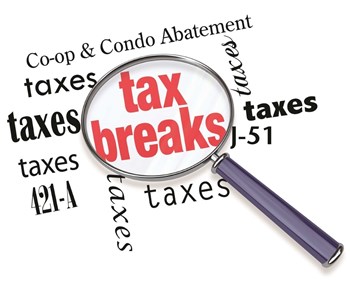
The age-old adage from Benjamin Franklin perhaps says it best: nothing is certain but death and taxes.
And without some assistance on the legislative front, taxes are likely to increase significantly for New York City co-op and condo owners in the near future. Homeowners are facing a potential double-digit increase in their tax burden for fiscal year 2012-13 if the state Legislature fails to extend the Cooperative and Condominium Tax Abatement Program, as had been promised in July.
A Taxing Situation
The New York City tax abatement program gives partial tax relief to owners and tenant-shareholders of residential Class 2 properties. This is because Class 1 properties (i.e., one-, two-, and three-family homes), are assessed at a lower percentage of market value than their Class 2 counterparts.
According to the Department of Finance (DOF), the failure to extend the abatement may require them to go back and issue higher tax bills later on. “If your property qualified for the 'Condo/Co-op Abatement' for fiscal year 2012-2013, your July 2012 Property Tax Bill was based on the anticipation that the abatement would be in effect for fiscal year 2012-13 (which starts July 1, 2012). However, as you may be aware, the abatement was not extended beyond June 30, 2012,” said the department’s statement.
According to the Finance Department’s Annual Report on the NYC Property Tax for Fiscal Year 2012, under the program, co-ops were abated to the tune of $298.6 million and $105.1 million for condos.
Finance Commissioner David M. Frankel writes in a letter to homeowners that “The city is hopeful that the abatement will be reauthorized in some form before the end of this calendar year. If there is no reauthorization this year, we will be required to recalculate your property taxes on a future bill. Without the condo/co-op abatement your property tax liability for fiscal year 2012-13 will increase. If the average assessed value of the units in your co-op/condo is greater than $15,000, your taxes will increase by approximately 21 percent; if the average assessed value of the units in your co-op/condo building is $15,000 or less your taxes will increase by 33 percent.”
A Special Session
Co-op/condo leaders have been told that Albany lawmakers may have a special session in October or November to reconsider the tax bills or will wait until the beginning of the next 2013 session, according to Warren Schreiber, co-president of the President’s Co-op/Condo Council and board president of Bay Terrace I in Queens. Schreiber said he is hopeful that the extensions will pass, if not this year, in January. PCCC co-president Bob Friedrich, the board president of Glen Oaks Village in Queens, says he has been assured by the Assembly leadership that that New York City tax abatement and the J-51 extensions will be taken up after the November general elections.
However, Greg Carlson, a property manager and the executive director of the Federation of New York Cooperatives & Condominiums (FNYHC), believes a special session this year is looking more and more unlikely. The turmoil surrounding the investigation of sexual harassment claims involving Assemblyman Vito Lopez and an alleged coverup and publicly-funded payout by Assembly Speaker Sheldon Silver has been dominating the headlines and capturing the attention of the Albany legislators. “The whole abatement situation is up in the air,” says Carlson.
Let’s Hear it for J-51 and a 421-a?
The J-51 tax abatement program has been in existence since the 1950′s as an incentive to building owners to upgrade and maintain their building systems and to convert unnecessary excess commercial space to residential use. According to Paul Korngold, a partner at Tuchman, Korngold, Weiss, Lippman & Gelles, LLP, a Manhattan-based tax certiorari and real estate law firm, “In the 1980′s, the New York State Legislature recognized the importance of maintaining cooperatives and condominiums and thus expanded the program to allow all new cooperatives and condominiums as well as existing middle income cooperatives and condominiums to obtain the tax benefits of J-51 for maintaining their building systems.”
But J-51 has come under fire by the Bloomberg administration and legislators for not being used as originally intended. According to a report by the Community Service Society of New York, a 165-year-old group that does advocacy and research to address poverty, “the J-51 program has become one of the city's most expensive incentives, costing $256 million in 2011.”
Even as the cost of the program increased 50 percent from 2001 to 2011, the number of apartments improved under the project only increased by 7 percent, the report said. And the apartments being improved aren't tenement flats in complete disrepair—most of them are luxury apartments.
The Finance Department’s 2012 report, however, estimates that the J-51 abatement doled out approximately $87.7 million spread out among Class 2 co-ops, condos and rentals.
Schreiber notes that J-51 is an extremely important incentive to help buildings make much needed capital improvements, and he urged that it be re-extended. “It allows us to add new roofs and windows," Schreiber told The Bayside Patch. "My co-op is 50 years old and needs new heating systems and boiler rooms. Without the J-51, we’d still have to do the work, but the cost would be passed to the shareholders.”
New and Improved 421-a?
The 421-a Property Tax Exemption Program, enacted in 1971, allows tax exemptions for new developments when developers agree to build affordable units on land that is vacant or underutilized. The program offers ten to fifteen year tax exemptions, and if affordable units are built on the premises, the exemption may be extended for an additional ten years.With a 10-year abatement program, the building and its individual units get relief for the first 10 years of occupancy. Real estate taxes for owners would be lowest in the early years of occupancy and rise each year until the abatement expires.
In the last few years, substantial changes were made to the 421-a tax benefit, according to Dione Herring, a paralegal at the Great Neck law firm of Gary Rosen, P.C., which concentrates on 421-a tax abatements, condominium offering plan filings and real estate closings.
Lots of heavily developed areas are still eligible for the benefits, says Herring, but the revised 421-a program excludes luxury market rate developments in Manhattan and newer areas of Brooklyn and Queens, says Herring. The intent by the city is to benefit those properties where there is 20 percent affordable housing or those housing units receiving substantial government assistance, he notes. Twenty-five years of benefits are available only to those eligible developments that provide affordable housing. The 421-a benefits vary depending on factors such as location, method of construction and if requirements for affordable housing have been met.
The law was changed six years ago to carve out a greater geographic exclusion area or GEA, Herring says. Before the change, the exclusion zone, the area where developments are required to provide affordable housing in exchange for 421-a tax benefits, included Manhattan from 14th Street to 96th Street and the Greenpoint-Williamsburg waterfront in Brooklyn. However, with the expansion, the new GEA now includes Manhattan south of 135th Street in West and Central Harlem, and south of 117th Street in East Harlem, as well as an area between 124th and 126th Streets in East Harlem.
The expanded zone also incorporates additional Brooklyn neighborhoods, including all of downtown Brooklyn, Carroll Gardens, Cobble Hill, Boerum Hill, Park Slope; most of Fort Greene, Prospect Heights, Williamsburg and Greenpoint, and portions of Sunset Park and Bushwick. In order to receive the tax abatement inside the GEA, developers must provide 20 percent affordable housing on-site. Developers can also buy negotiable certificates for the tax abatement as long as affordable housing is constructed off-site or in the outer boroughs.
The amount of incentive money any one luxury unit could get was also capped. The legislation imposed a ‘luxury cap’ that limits the total amount of 421-a tax benefits that any market rate unit may receive. Only the first $65,000 of an apartment’s assessed value would receive the 421-a tax exemption. Projects, though, that offer affordable housing on-site are not subject to the cap, in an effort to increase the city’s inventory of affordable housing.
It’s Taxing
Carlson says that most of the co-ops he’s familiar with have been hit hard by an increasing tax load.
“Although the real estate market has taken a downturn, this has not been reflected in the real estate taxes on cooperatives,” he says. “Assessed values have been going up double to triple-digit percentages in some of our cooperatives. This is true especially in the middle class areas of the city. This real estate tax is the single largest revenue stream for the city government, and one of the fastest growing budget items for cooperatives,” Carlson says. “Cooperatives are raising their monthly fees just to keep up with the real estate taxes they pay.”
He adds that the expiration of the Co-op/Condo Abatement program is another tough blow, and would be difficult to swallow if not reinstated. “This program has helped cooperative taxes be somewhat closer to what single family homeowners’ would pay in real estate taxes.” Before the abatement program was enacted, he says, co-ops paid roughly three to five times more in taxes than the owners of one-, two- and three-family homes in the city.
Debra A. Estock is managing editor of The Cooperator.



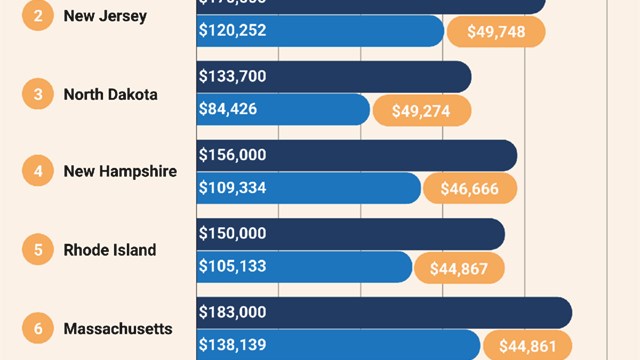

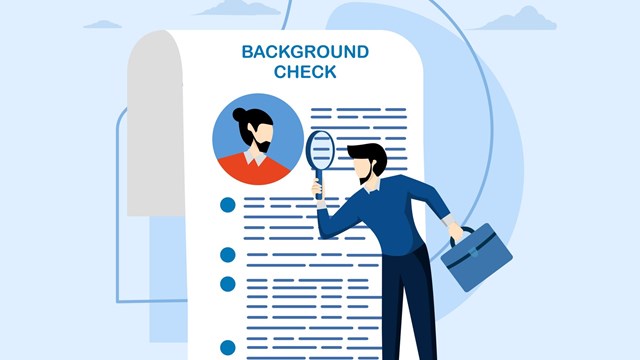
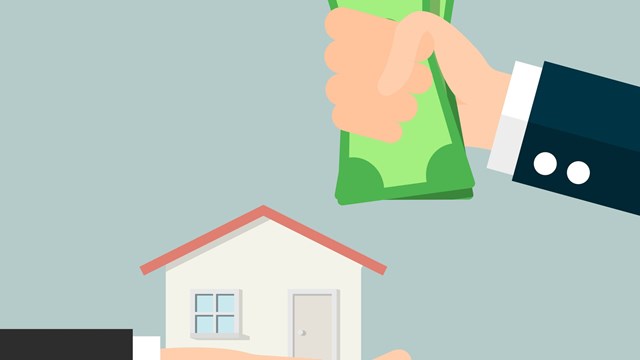
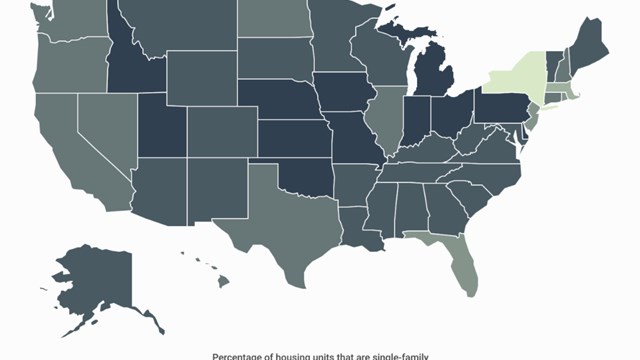
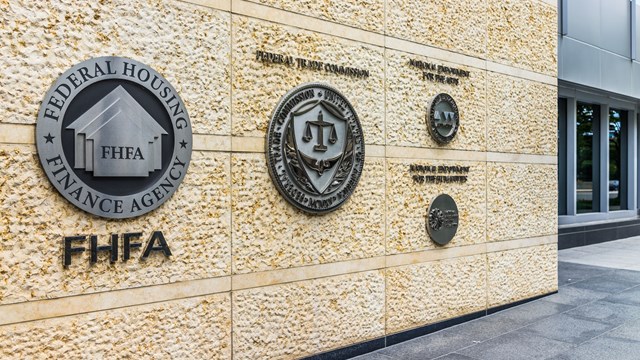
Leave a Comment